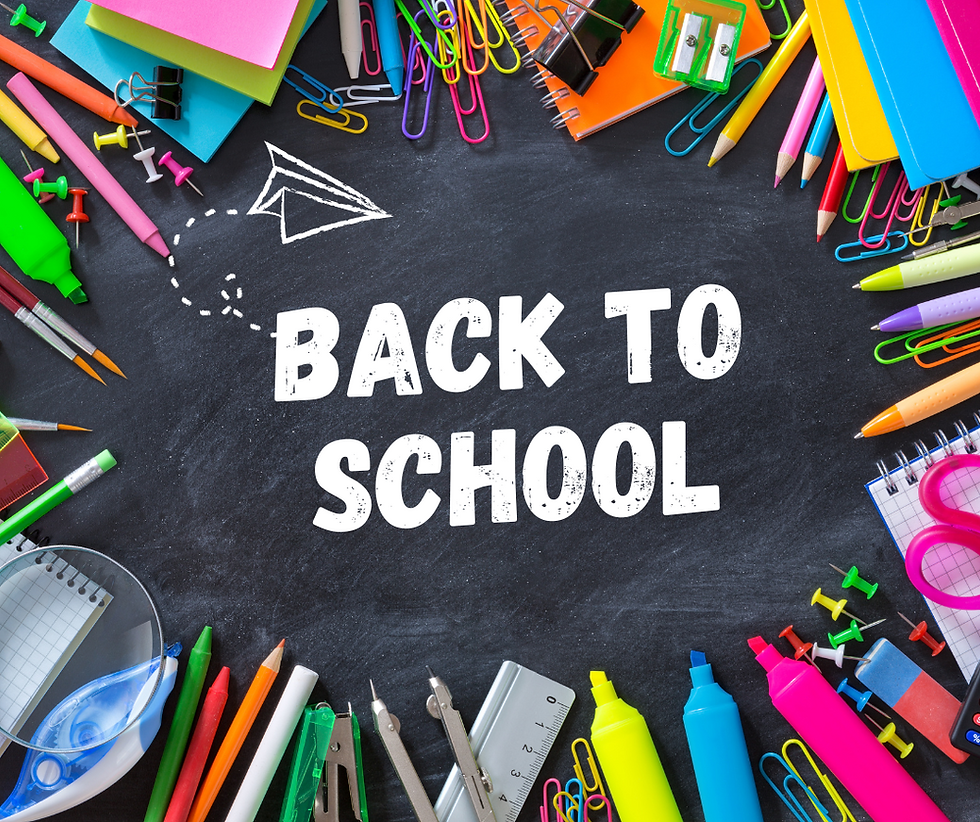Inclusive Practices During the Holiday Season
- Evelyn
- Nov 25, 2024
- 3 min read
Updated: Nov 27, 2024
The holiday season is a time for joy, reflection, and togetherness. For educators and support staff, it also provides an opportunity to engage in inclusive practices that support students with significant disabilities. These students, often placed in the Least Restrictive Environment (LRE) as per IDEA (Individuals with Disabilities Education Act), benefit from thoughtful accommodations and strategies that foster meaningful participation in school activities during the festive season. During the holidays, schools often do things like arts and crafts, parties, or plays. It’s important to plan these activities in a way that everyone can join in.
Using evidence-based practices, we can help ensure students with significant needs are not excluded from holiday celebrations and activities. We can do this by keeping inclusive practices in mind when planning for holiday events. Teachers and staff can collaborate to design activities that engage all students, regardless of ability level. By considering the diverse needs of students with significant disabilities, educators can modify traditional holiday crafts, songs, and performances to ensure full participation.
Ensuring all students have access to holiday traditions is important. Whether they involve decorating classrooms, participating in gift exchanges, or celebrating winter holidays, these should be accessible to all students. This means providing multiple means of engagement to account for various sensory, communication, and mobility needs. For students with sensory processing issues, it's important to offer quieter spaces or sensory breaks during events that may become overwhelming, such as crowded holiday parties. Soft lighting or noise-reducing headphones can also make the experience more comfortable. For students with speech or language challenges, using augmentative and alternative communication (AAC) devices or providing picture symbols for communication can help ensure they can engage in conversations and share their holiday experiences.
Holidays provide a perfect opportunity to foster positive social interactions and friendships. Students with significant disabilities should be supported in forming connections with their peers in an inclusive environment. Social inclusion can be achieved through peer buddy systems and involving students to take part in planning activities.
The holiday season includes a variety of cultural celebrations, and it’s important to be mindful of the diverse backgrounds of all students. Introducing students to different holiday traditions from around the world helps broaden their understanding and respect for diversity. For example, sharing stories, food, music, and art from different cultures can create an enriching experience for students.
Assistive technology can be a game-changer when it comes to ensuring students with significant disabilities are included in holiday activities. Technology tools can also promote greater independence and engagement, especially in communication and motor tasks.
One of the most critical aspects of inclusive practices during the holiday season is providing individualized supports to meet the unique needs of each student. Individualized support plans allow students with disabilities to engage meaningfully in activities keeping in mind personalized accommodations and behavior supports for the students.
The holiday season is a time for all students to feel included, valued, and part of the school community. Educators can create an environment where students with significant disabilities not only participate but also thrive during holiday activities by including them with the accommodations and supports needed. With thoughtful planning, accommodations, and a commitment to inclusion, every student—regardless of their abilities—can experience the joy of the season.
Let this holiday season be an opportunity to celebrate diversity, foster friendships, and ensure that all students feel welcomed and supported, in the true spirit of inclusion.
~Evelyn Acevedo



Comments